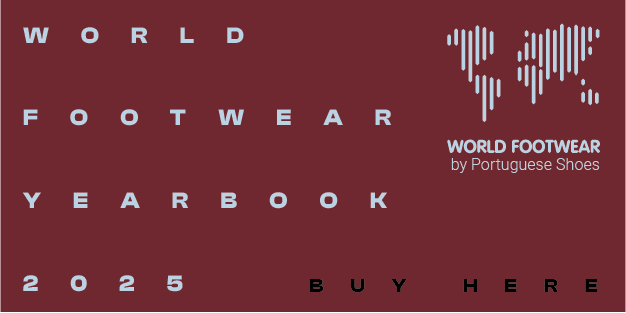European Commission to launch a public consultation regarding China MES status

Plans to conduct a consultation with the interested stakeholders on China’s request for Market Economy Status (MES) has been announced by the EU Trade Commissioner Cecilia Malmström
“We presented a first draft of the impact assessment” on potential economic consequences of removing China from the EU list of non-market economy countries”, Cecilia Malmström stated, adding: “We are going to look now into different sectors in different member states”.
Commissioner Cecilia Malmström indicated that the College of Commissioners will discuss China’s request for MES again in July, and in preparation existing discussions of the matter will now take the form of fully-fledged public consultations with EU institutions and industries across member states.
In the meantime, a Commission’s paper estimated that between 63 600 and 211 000 EU jobs would be at risk if China was granted MES unconditionally. Another study issued last year by the European Policy Institute (EPI), commissioned for AEGIS Europe, an Alliance of some 30 European manufacturing federations including the European Confederation of the Footwear Industry (CEC), forecasted a higher impact with between 1.7 million to 3.5 million EU jobs to be in jeopardy.
Political groups at the European Parliament have expressed their disagreement about granting China the MED status immediately and without any other measures to accommodate the impacts of such. As different parties express their views, the debate is more pressing than ever as December 2016 is fast approaching and by then certain provisions of China’s WTO Accession Protocol, which allow the EU to use the analogue country method to calculate anti-dumping duties against Chinese exports, will expiry.
Footwear is one of the industries that can potentially be impacted if the MES status is attributed to China. Cleto Sagripanti, President of the CEC, has expressed his contentment with this newly announced decision of the Commission: "We are satisfied with the Commission’s decision to include a public consultation as part of the impact assessment on the economic consequences of granting automatic Market Economy Status to China in December this year. It is a claim that the CEC, as part of AEGIS Europe has asked since we started discussions with them in early 2015. We want that the Commission realises the enormous amount of jobs which are at risk in Europe. The study report that AEGIS ordered from the European Policy Institute did not proven to be sufficient. We trust that the impact assessment and the public consultation will definitely persuade the Commission about the need that China fulfills first the five criteria before being granted MES. The CEC defends above all a free and open worldwide market as long as a level playing field is respected between trade partners”.
Commissioner Cecilia Malmström indicated that the College of Commissioners will discuss China’s request for MES again in July, and in preparation existing discussions of the matter will now take the form of fully-fledged public consultations with EU institutions and industries across member states.
In the meantime, a Commission’s paper estimated that between 63 600 and 211 000 EU jobs would be at risk if China was granted MES unconditionally. Another study issued last year by the European Policy Institute (EPI), commissioned for AEGIS Europe, an Alliance of some 30 European manufacturing federations including the European Confederation of the Footwear Industry (CEC), forecasted a higher impact with between 1.7 million to 3.5 million EU jobs to be in jeopardy.
Political groups at the European Parliament have expressed their disagreement about granting China the MED status immediately and without any other measures to accommodate the impacts of such. As different parties express their views, the debate is more pressing than ever as December 2016 is fast approaching and by then certain provisions of China’s WTO Accession Protocol, which allow the EU to use the analogue country method to calculate anti-dumping duties against Chinese exports, will expiry.
Footwear is one of the industries that can potentially be impacted if the MES status is attributed to China. Cleto Sagripanti, President of the CEC, has expressed his contentment with this newly announced decision of the Commission: "We are satisfied with the Commission’s decision to include a public consultation as part of the impact assessment on the economic consequences of granting automatic Market Economy Status to China in December this year. It is a claim that the CEC, as part of AEGIS Europe has asked since we started discussions with them in early 2015. We want that the Commission realises the enormous amount of jobs which are at risk in Europe. The study report that AEGIS ordered from the European Policy Institute did not proven to be sufficient. We trust that the impact assessment and the public consultation will definitely persuade the Commission about the need that China fulfills first the five criteria before being granted MES. The CEC defends above all a free and open worldwide market as long as a level playing field is respected between trade partners”.










